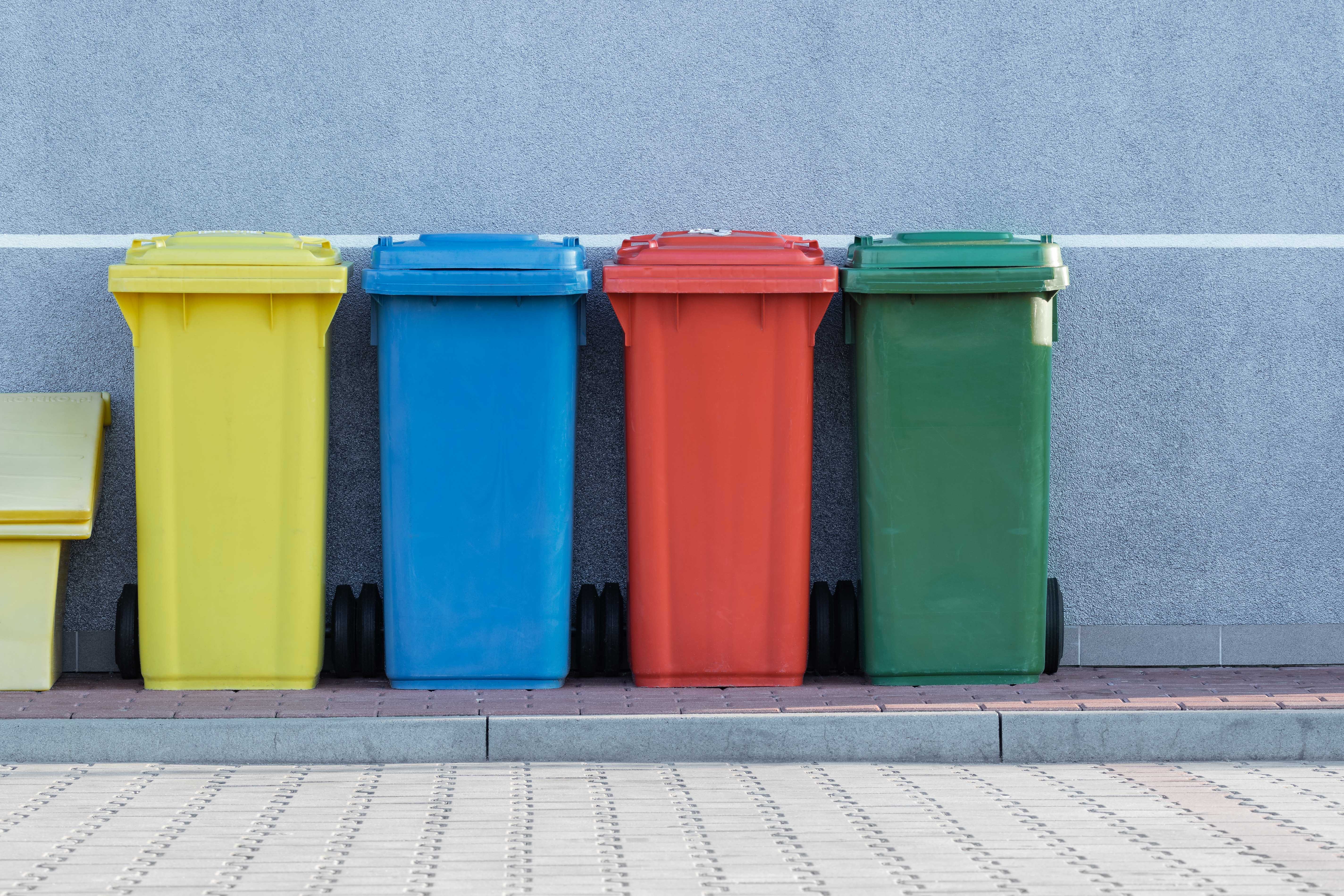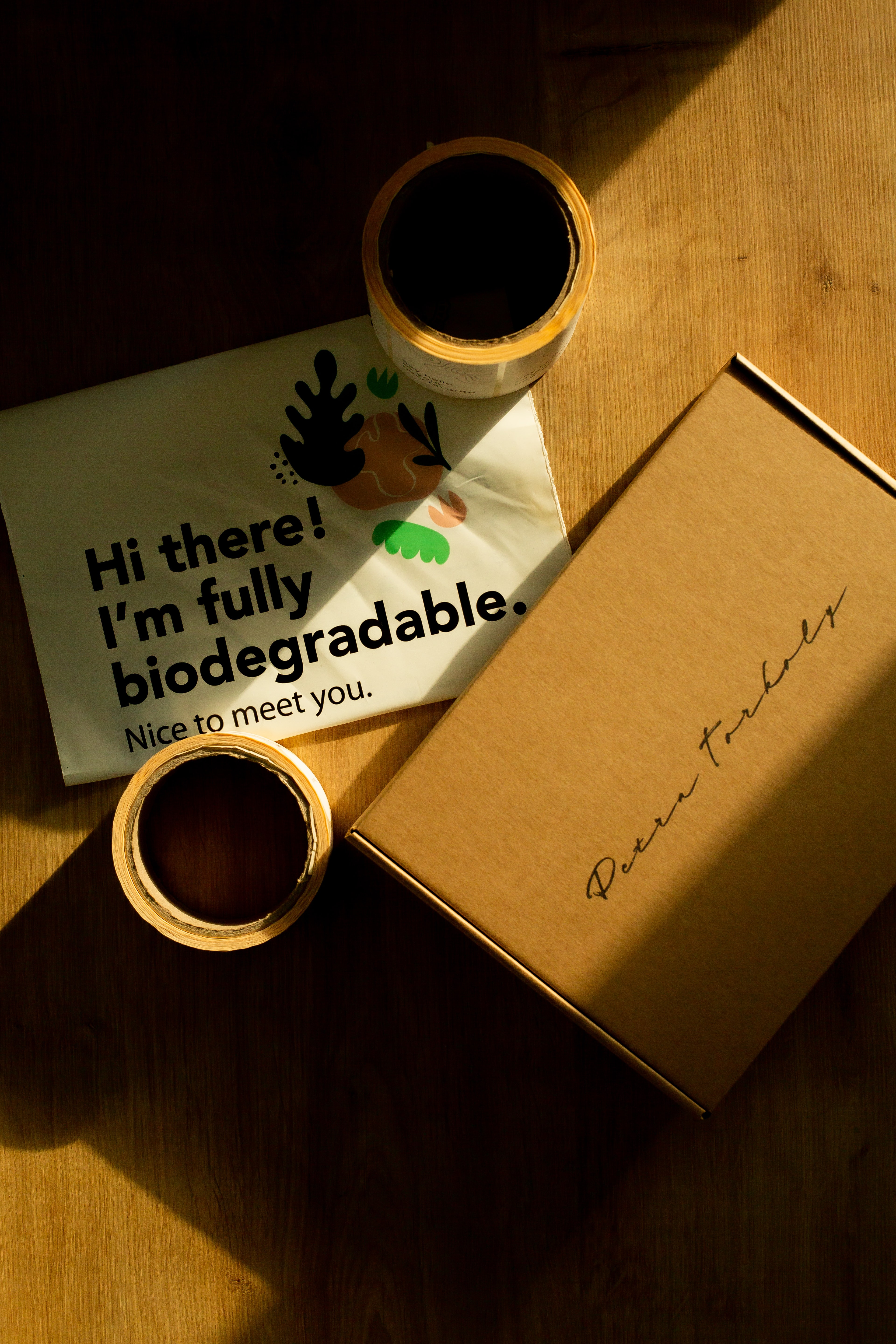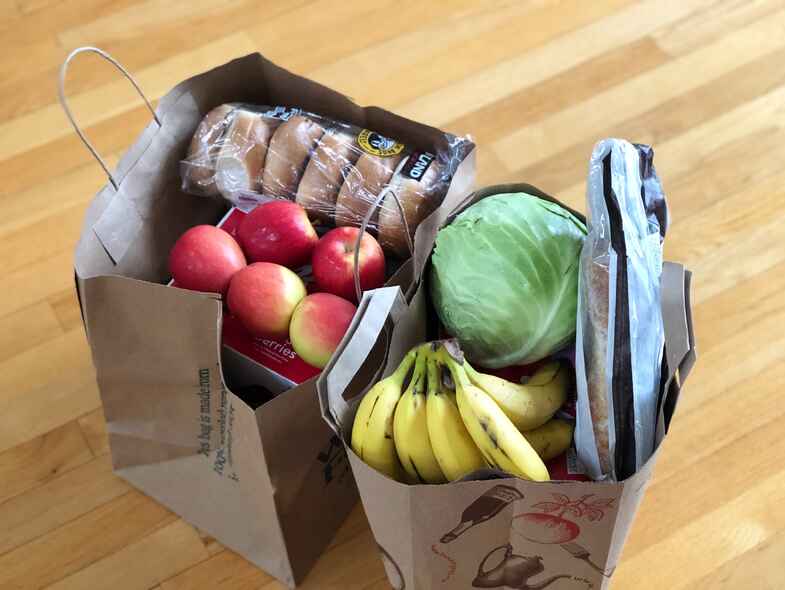Living sustainably means being more conscious of the environment, but it doesn’t have to be difficult or come at a cost. Here are some small changes that can make a big difference, and there’s no better and easier place to start than at home.
REDUCE PLASTIC
On average, Australians use 130kg of plastic per person each year, according to WWF, and less than 12% of that is recycled. Unfortunately, most plastic items take hundreds, if not thousands of years to biodegrade, and can cause irreparable damage to land, oceans and wildlife. One of the easiest and most effective ways we can be more sustainable is by reducing our use of plastic in our daily lives. We can all start by avoiding single use plastic bags and taking our own reusable bag to the supermarket. The next most obvious way to reduce plastic usage is to say no to plastic straws, plastic cups, plastic plates and buy biodegradable options instead. When it comes to food, we can avoid excessive packaging, especially at the supermarket in the fresh produce section. Instead of using the free, single-use bags, bring your own bag from home. At home, stop using cling film to cover and wrap food items and opt for storage containers or reusable beeswax wraps instead. Lastly, stop buying disposable plastic razors and toothbrushes and purchase materials that are long lasting and biodegradable, like bamboo.

Photography by Pawel Czerwinski
RECYCLE
There’s really no excuse to not recycle in today’s world, especially when we have our very own household recycling bins and regular collection services. The simplest way to be on top of your recycling game is to separate household waste from recyclables and put items in the correct bins. When recycling, remove leftover food and liquids out of containers before you put them in the recycling bin, otherwise soiled recyclables could end up in landfill instead. If you must rinse your recyclables to get rid of food waste and scraps, then add them to your daily dish washing cycle where they can be cleaned with the water you are already using. Remember, don’t put your recyclables in plastic bags as they’re more likely to end up in landfill. Lastly, don’t throw your food scraps, green waste or garden clippings in with recyclables, but instead put them in a compost bin. If you’re not sure what’s what, head online and follow the local government advice.
SAVE ENERGY
There are many ways to be smart and sustainable with your household energy so you can increase efficiency, cut down on usage, reduce your household bills and help the planet at the same time. One of the easiest ways to make a change is by switching off appliances and electronic equipment at the wall when they’re not in use. Even if TVs, heaters, air conditioners, sound systems, computers, microwaves and coffee machines are not in use, they are still using energy if the wall switch is turned on. Next, make sure your appliances are energy efficient. Opt for electricals with a high energy efficiency rating – the more stars on the product, the better it is. For lighting, choose energy-efficient bulbs such as LED and CFL. When it comes to washing machines, opt for a cold cycle as it uses less energy and avoid using the clothes dryer when you can. Lastly, take some time to do research to ensure your energy provider offsets its carbon footprint or takes their energy from renewable sources such as wind and solar.

Photography by Marcell Viragh
REPAIR, REUSE AND DONATE
These days, fast fashion and cheap manufacturing means we can replace items as quickly and as cheaply as we bought them, even if we don’t need to, so if we want to be more sustainable, we should try to get more life out of our possessions. Firstly, think twice before buying new clothes. Can something be repaired? If not, can it be replaced with a product from a charity store or second-hand boutique instead of buying brand new? If you no longer need something, don’t throw old clothes out, but donate them to charity instead to keep the cycle going. Next, if you have broken electronic items and whitegoods, try to prolong their life by getting them repaired before throwing them away. Some charities, private recyclers and retailers will repair and recycle your items or sell them for parts, so search for one in your local area. Likewise, some manufacturers of batteries, computers and cartridges have their own recycling and trade-in programs, so look into these options before throwing items away.
–





